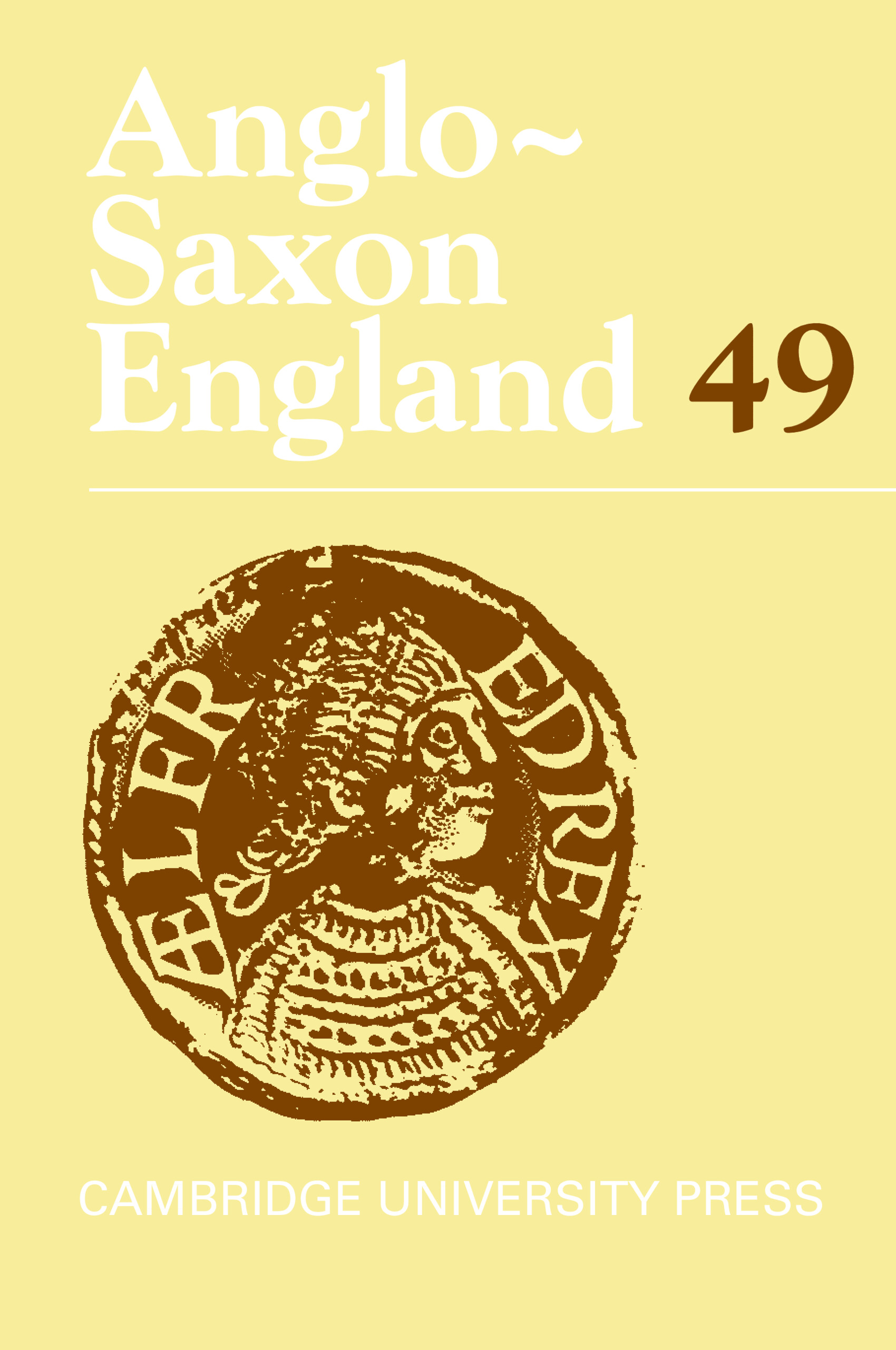No CrossRef data available.
Article contents
The reformed Nowell Codex and the Beowulf manuscript
Published online by Cambridge University Press: 26 April 2019
Abstract
Lichfield Cathedral had a scriptorium and library in the early eleventh century. As a non-monastic establishment run by bishops and secular canons, Lichfield was not dissolved during the Reformation and undoubtedly kept some of its books. In 1563, Laurence Nowell, Dean of Lichfield Cathedral, subscribed the Thirty-Nine Articles of Religion, the main tenets of the Anglican Church. That year, someone wrote Laurence Nowell and the momentous date 1563 on the first page of the codex. The damage to the beginning and end of the codex suggests that a Reformer, deeming them unsuitable on religious grounds, excised the surviving texts from their original contexts. For a Reformer, the Life of St Christopher supported the Papist superstition of invoking and venerating saints, while Judith unduly showcased a non-canonical story from the Apocrypha. In this light, the Reformers unintentionally saved Beowulf and the rest of the Nowell Codex because they disapproved of them.
- Type
- Research Article
- Information
- Copyright
- Copyright © Cambridge University Press 2019




